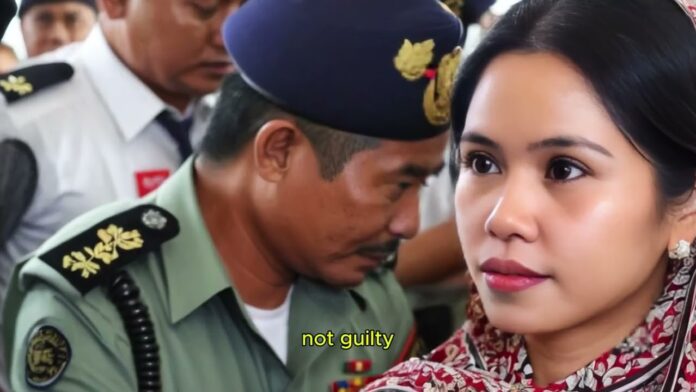Mary Jane Veloso’s return to the Philippines represents a poignant conclusion to a protracted legal ordeal that captured the attention of many across Southeast Asia. After 15 years confined in an Indonesian prison for drug-related offenses, Veloso is set to be repatriated, closing a challenging chapter marked by arrest, trial, and the tumult of intense diplomatic negotiations.
Veloso’s case became emblematic of the complex interplay between justice, human rights, and bilateral relations. At its heart was a narrative not just of crime and punishment but of alleged victimhood, coercion, and the nuances of trafficking crimes. Her arrest and subsequent death sentence triggered an outpouring of advocacy from human rights organizations, labor groups, and sympathetic individuals across the Philippines and beyond.
The evolving diplomatic dialogues between the Philippines and Indonesia, the unprecedented interventions, and Indonesia’s eventual decision to relent offer lessons on international collaboration and compassion. They exemplify the possibilities of diplomatic engagement to transcend rigid frameworks for individuals caught in unfortunate circumstances.
As Veloso returns home, her story reassures sceptics about the power of sustained advocacy while spotlighting the plight of countless other migrant workers who continue to be vulnerable to similar predicaments. It necessitates ongoing commitment from governments and international actors to uphold human dignity, ensuring legal processes are fair and equitable.
Mary Jane’s journey home not only fulfills a mother’s longing but symbolizes triumph against odds, provoking discussions on enhancing protections for overseas workers against exploitation and wrongful entanglement in the drug trade.
Perspectives
Perspective 1: Supporters of Veloso see her return as a victory for justice and human rights advocacy. They credit sustained diplomatic efforts and public pressure for her release, framing the outcome as evidence of successful international campaigning. These supporters argue for the continuation of such efforts to assist other individuals facing legal injustices abroad, emphasizing the role of global awareness and advocacy in protecting human rights.
Sources:
AP NEWS
Perspective 2: Legal analysts focus on the intricacies of Veloso’s case, reflecting on its implications for international law and migrant rights. They highlight the complexities posed by legal systems in drug trafficking cases and commend Indonesia for its flexibility. Analysts stress the need for reforms to strengthen protections for migrants against the pressures of international narcotics networks that frequently exploit vulnerable populations.
Sources:
AP NEWS
Perspective 3: Critics argue that Veloso’s return should not overshadow the fundamental issues of drug trafficking and migrant exploitation. They call for holistic policy measures addressing root causes such as poverty and lack of awareness among migrant communities. Urgent calls have been made for governments to adopt a more comprehensive approach to prevent similar risks, combining legal, educational, and socio-economic strategies.
Sources:
AP NEWS
